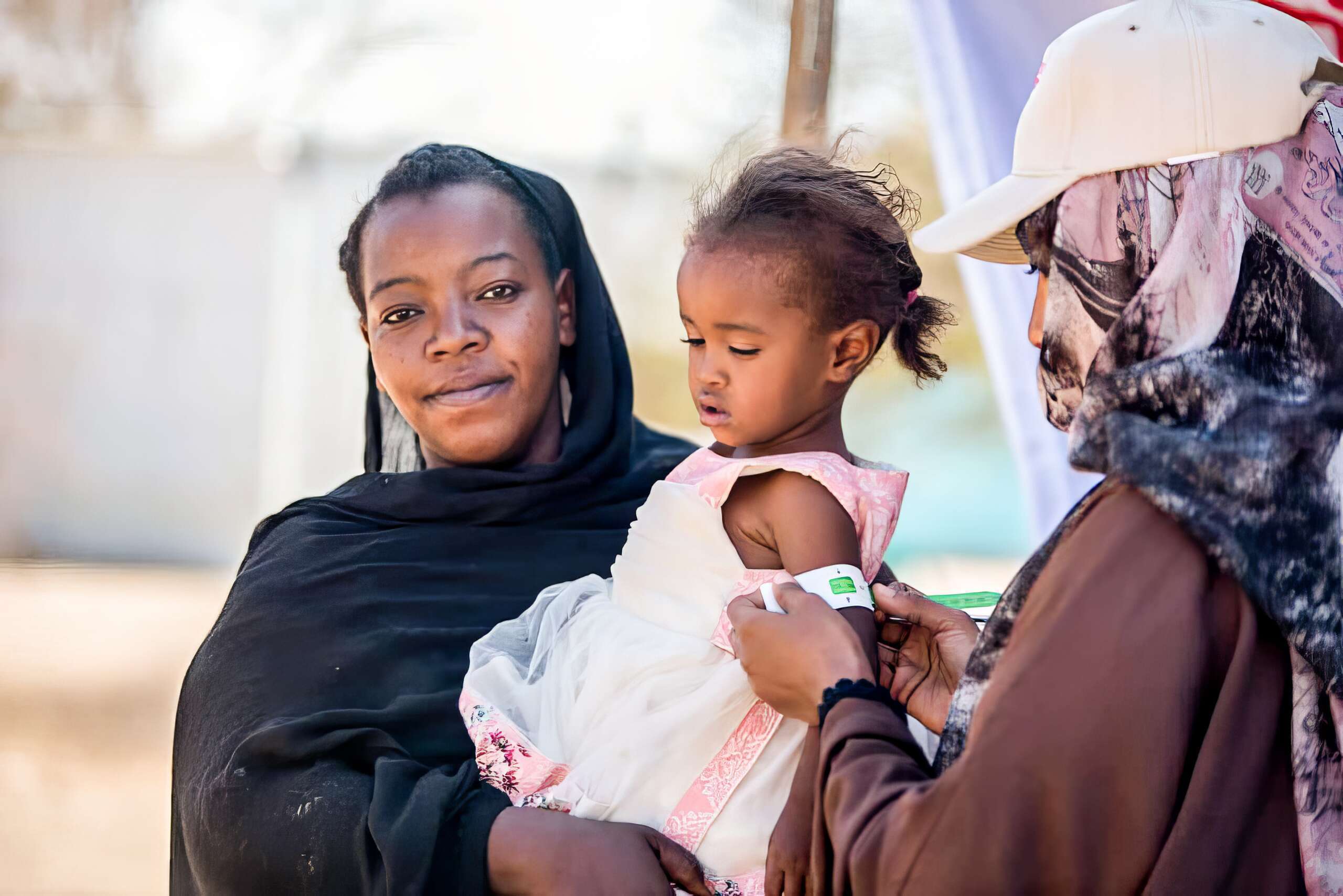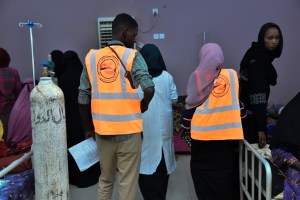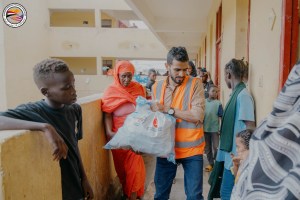Sudan Women: Rights, Empowerment, Challenges & Contributions
In the heart of Sudan, a nation woven with diverse cultures and histories, the stories of its women unfold as a mixture of resilience and determination. As we delve into the lives of Sudanese women, it becomes clear that their journey is marked by strength and tenacity. In a recent situation in Sudan, the spotlight has shifted towards the challenges faced by these women and the strides made in women’s rights. This article explores their stories, the hurdles they confront, and the transformative impact that collective action, supported by initiatives like the Sudan Relief Program, can bring about.
The Plight of South Sudanese Women:
South Sudan, the world’s youngest country, emerged in 2011, yet its journey to stability has been marred by conflict, with women disproportionately bearing the brunt. The impact on women’s physical and mental well-being, economic prospects, and access to education is profound.
- More than 80% of South Sudanese women have faced gender-based violence during the conflict, according to the United Nations.
- Conflict-induced displacement, with approximately 2.3 million South Sudanese seeking refuge in neighboring countries, has intensified the vulnerability of women.
Related Post: Is Sudan a Poor Country
South Sudan Women’s Rights:
The historical struggle for South Sudanese women’s rights reflects the intricacies of societal norms, cultural traditions, and political landscapes. Sudanese women, while playing pivotal roles within their families and communities, have encountered persistent challenges in achieving gender equality.
Sudan ranks low in gender equality according to the World Economic Forum’s Global Gender Gap Report, highlighting disparities in economic participation, educational attainment, health, and political empowerment. Discriminatory laws historically constrained Sudanese women, impeding their decision-making abilities concerning marriage, education, and employment.
Women of Sudan: Agents of Change
Despite the challenges, Sudanese women have risen as agents of change, actively working towards dismantling gender-based barriers and advocating for women’s rights to neutralize human rights violations in Sudan.
- Sudanese women played a pivotal role in the 2019 protests that led to the ousting of President Omar al-Bashir, advocating for a more inclusive and equitable society.
- The 2019 constitutional declaration marked a turning point, guaranteeing women’s rights and addressing discriminatory laws.
Legal Reforms and Policy Initiatives:
Recent years have witnessed a noteworthy shift in Sudan towards legal reforms and policy initiatives aimed at promoting gender equality and protecting women’s rights.
- The amendment of Sudan’s public order laws in 2019 repealed the controversial Public Order Act, long criticized for disproportionately targeting women.
- In 2020, laws criminalizing female genital mutilation (FGM) were introduced, marking a significant step towards protecting the bodily autonomy of Sudanese women.
Educational Empowerment:
Access to education is a fundamental aspect of women’s empowerment. Sudanese women have displayed a remarkable commitment to education, challenging societal expectations, and striving for academic excellence.
- The literacy rate among Sudanese women has shown improvement, with concerted efforts to bridge the gender gap in education.
- Increasing numbers of women pursuing higher education and entering traditionally male-dominated fields have the potential to reshape societal norms.
Economic Empowerment:
Economic empowerment is crucial for women’s independence and societal progress. Sudanese women have been actively engaged in economic activities, contributing to the country’s development.
- Microfinance initiatives targeting women entrepreneurs have seen success, empowering women to establish and grow their businesses.
- The inclusion of women in the formal economy has the potential to reshape traditional gender roles and foster a more equitable society.
Health and Well-being:
Women’s health is a vital component of overall well-being. Improving healthcare access and addressing specific health challenges faced by Sudanese women are integral to fostering a healthier society.
- Maternal mortality rates have seen improvement with increased access to reproductive healthcare services.
- Challenges such as early marriage and limited access to family planning remain, emphasizing the need for continued efforts to improve women’s health outcomes.
Role of Technology and Social Media:
The advent of technology and the rise of social media have provided Sudanese women with platforms to amplify their voices, connect with like-minded individuals, and advocate for change.
- Social media campaigns led by Sudanese women have garnered international attention, raising awareness about women’s rights and issues.
- Online platforms serve as spaces for dialogue, mobilization, and solidarity, enabling women to share their stories and advocate for meaningful change.
Challenges Ahead for Women in Sudan
While progress has been made, Sudanese women still face numerous challenges on their journey towards equality. Addressing these challenges requires ongoing efforts from both the government and civil society. Despite legal reforms, societal attitudes and traditional norms often perpetuate gender-based discrimination. Women in rural areas continue to face barriers to education, healthcare, and economic opportunities, emphasizing the need for targeted interventions.
A Call to Action: Donate to SAPA for Lasting Impact
As we reflect on the journey of Sudan women, it’s essential to recognize that meaningful change requires collective action. Initiatives by SAPA play a pivotal role in transforming statistics into impactful outcomes.
Let’s Donate to Sudan to support initiatives in providing healthcare, education, and empowerment to Sudanese women. Your donation can directly contribute to improvements in maternal health, education accessibility, and economic opportunities for Sudanese women.
Conclusion
In Sudanese women’s ongoing quest for equality, their resilience and determination offer hope for a more equitable future. The strides made in recent years, coupled with ongoing efforts and financial support, paint a picture of progress and empowerment. By acknowledging the challenges, celebrating achievements, and fostering a collective commitment to change, Sudanese women, with the support of initiatives like SAPA, are paving the way towards a society where equality is not just a goal but a lived reality. Your donation can make a lasting impact on the lives of Sudanese women, contributing to a brighter future.






